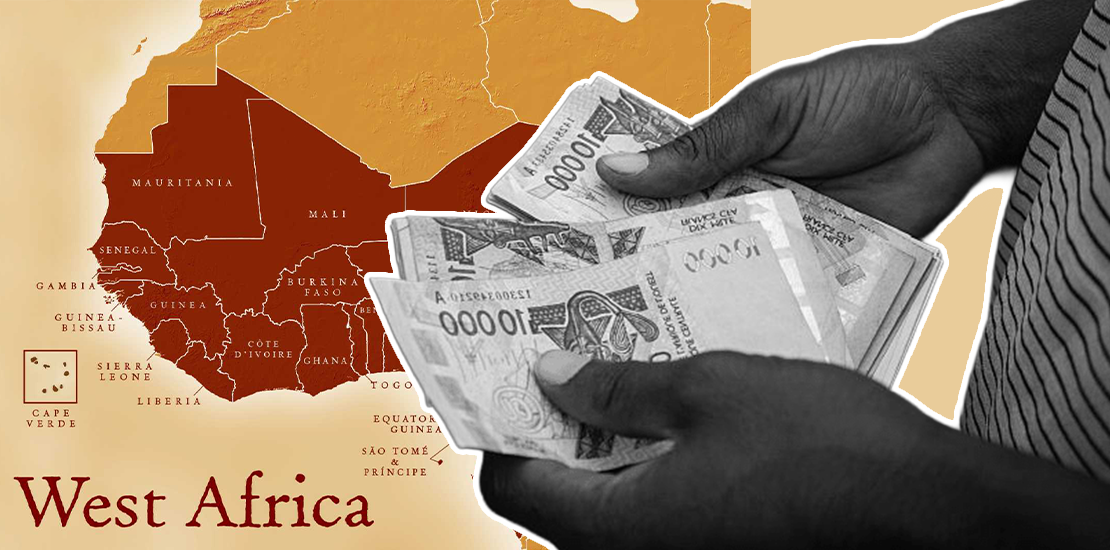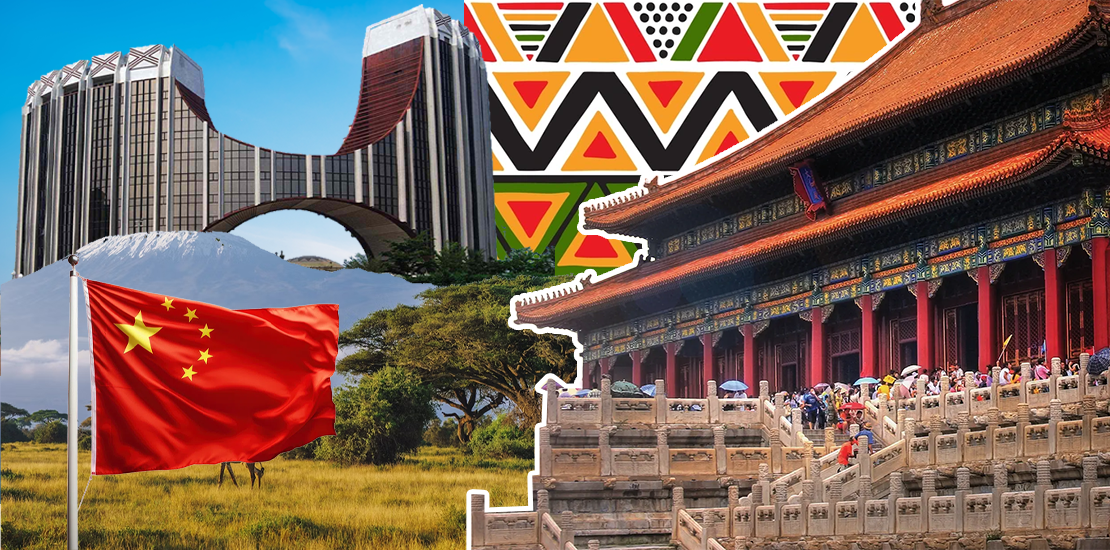Guinea-Bissau is currently experiencing one of the deepest political crises in its recent history. For several months, a major confrontation has pitted President Umaro Sissoco Embaló against an opposition determined to block institutions in order to bring about political change. In this West African country, accustomed to recurring turbulence and tensions, the political situation has recently worsened to the point of gradually paralyzing the mechanisms of governance.
At the heart of this impasse is a major disagreement over the length of the presidential term of office. According to the main opposition parties, including the PAI Terra coalition Ranka and the Inclusive Popular Alliance (API), ‘s term of office Embalóshould have ended on February 27, 2025, exactly five years after he took office. On that day, the opposition launched a call for “general paralysis”, urging the population to cease all professional and commercial activities in order to exert maximum pressure on the president. This call for civil disobedience, supported by several opposition figures such as Domingos Simões Pereira and former Prime Minister Nuno Gomes Nabiam, led to a partial halt in economic and administrative activities, reflecting a political crisis that now goes beyond the institutional framework to affect the everyday life of the population.
This popular mobilization orchestrated by the opposition reflects a deliberate strategy of political asphyxiation designed to force Embaló to accept an immediate transition. In addition to the general strikes, the opposition categorically refuses to recognize the legitimacy of the president beyond the deadline it has set, claiming that remaining in power would be contrary to the country’s constitution. This is an unprecedented position in Guinea-Bissau, where normally divided political forces now find themselves united in the face of a common adversary.
For all that, President Embaló has no intention of bowing to pressure. He enjoys the support of the Supreme Court, which recently validated the extension of his mandate until September 2025, citing specific legal and constitutional considerations. This decision has exacerbated tensions, prompting the opposition to step up its popular mobilization. The systematic repression of demonstrations and the increasing number of temporary arrests of opposition figures have only served to deepen mistrust and reinforce the sense of crisis.
The current impasse is rooted in a political context that has already been extremely tense for several years. ‘s election Embalóin 2019, in a very close contest against Domingos Simões Pereira of the African Party for the Independence of Guinea and Cape Verde (PAIGC), marked the start of a particularly complex cohabitation. ‘s rapid seizure of powerEmbaló, even before the election results had been fully validated by the relevant institutions, created riftsdeep political from the outset, setting the tone for a presidency marked by near-permanent tensions with the parliamentary opposition.
These institutional tensions led to ‘s early dissolution of Parliament in 2022Embaló, followed by early parliamentary elections in June 2023, which the opposition won by a wide margin. This victory considerably strengthened the influence of the Terra coalition Ranka and forced the President to accept a difficult cohabitation with a government that was largely hostile to his policies. However, this cohabitation did not withstand repeated conflicts over the management of current affairs, finally leading to a new parliamentary dissolution in December 2023, after violent incidents involving members of the armed forces and the government, mutually accused of attempts at destabilization.
In this already chaotic context, the opposition felt that extending the presidential term represented a real danger to democracy and national stability. This crisis thus reveals a major institutional weakness in Guinea-Bissau’s semi-presidential system, characterized by poorly-defined executive powers between the president and the government, which facilitate the regular emergence of such deadlock situations. This structural weakness of the political system partly explains why, since independence in 1974, the country has experienced an almost uninterrupted series of institutional crises, military coups and episodes of political violence.
On the ground, the effects of this institutional paralysis are beginning to be heavily felt. Public administration is slowing down, schools are operating intermittently, and health services, already weakened by years of instability, are on the verge of collapse. The population, taken hostage by this political struggle, is expressing growing weariness. This sentiment is summed up by the words of a teacher in Bissau, who said on condition of anonymity: “We’re tired of these endless conflicts. We just want a little stability to move forward”.
The international community is following the situation with concern, aware that any escalation could have major regional consequences. Recent mediation by the Economic Community of West African States (ECOWAS) has failed to break the deadlock, with each side holding irreconcilable positions.
Today, Guinea-Bissau finds itself trapped in a political tug-of-war that threatens to degenerate if a negotiated solution is not quickly found. President Although has announced general elections for next November, the opposition has serious doubts about his sincerity, fearing a further postponement. In the absence of successful mediation or a major internal political compromise, the risk of profound destabilization, or even a return to political violence, remains real. Guinea-Bissau, a chronically fragile country, is once again confronted with its old demons: those of persistent political instability, which continue to seriously mortgage its future.Embaló







